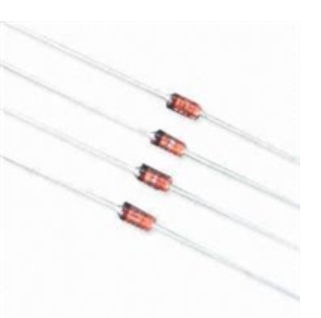Date:2025-07-15 Categories:Product knowledge Hits:366 From:Guangdong Youfeng Microelectronics Co., Ltd
2. LED voltage regulator diode
LED voltage regulator diode is a new type of voltage regulator device, and its working principle is similar to that of ordinary LED. The characteristics of LED voltage regulator diodes are high voltage regulation accuracy and low noise level, which can be applied in high-precision circuits.
3. TVS diode
TVS diode is a semiconductor device with special voltage current characteristics, which can protect other devices from overvoltage damage in the circuit. The working principle of TVS diode is to utilize the characteristic of reverse breakdown. When overvoltage occurs in the circuit, the TVS diode will quickly become conductive and absorb the overvoltage.
3、 Parameter selection of voltage regulator diode
When choosing a voltage regulator diode, the following parameters need to be considered:
1. Stable voltage
Stable voltage refers to the stable value of a voltage regulator diode under reverse voltage, also known as Zener voltage. The selection of stable voltage should be determined based on the voltage required by the circuit, generally choosing a stable voltage slightly higher than the voltage required by the circuit.
2. Maximum reverse current
The maximum reverse current refers to the maximum allowable current of a voltage regulator diode under reverse voltage, exceeding this value can cause device damage. Generally, the maximum reverse current that is slightly higher than the maximum operating current of the circuit should be selected.
3. Temperature coefficient of current
The current temperature coefficient refers to the relationship between the current and temperature of a voltage regulator diode. Generally, choosing a voltage regulator diode with a low temperature coefficient can reduce the impact of temperature changes on the circuit.

Previous: Classification, Structure, and Principle of MOSFET